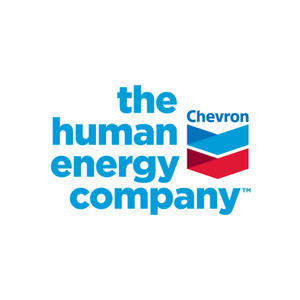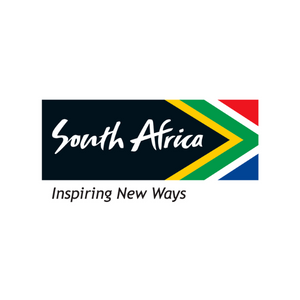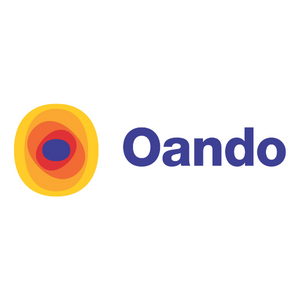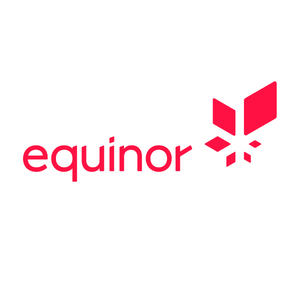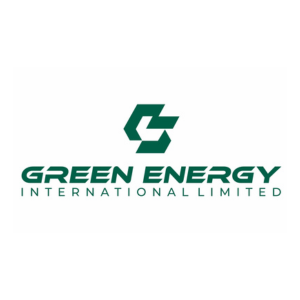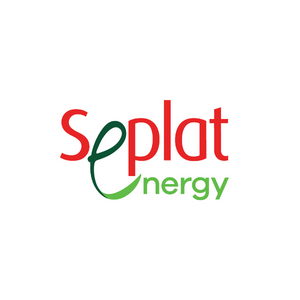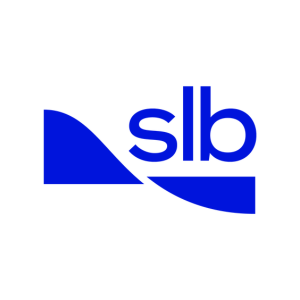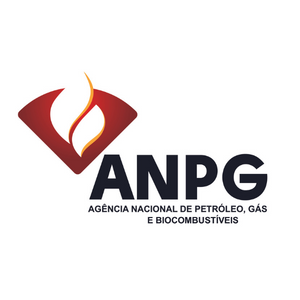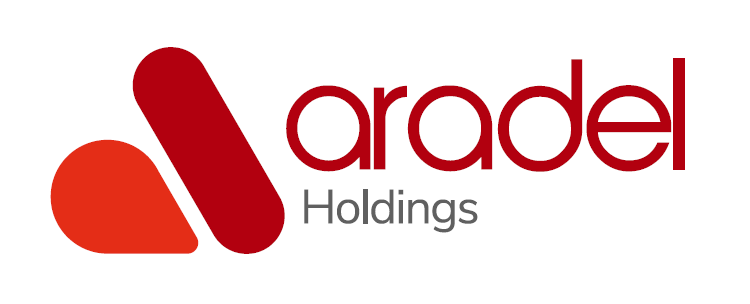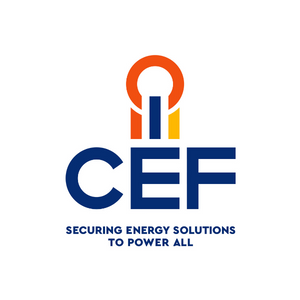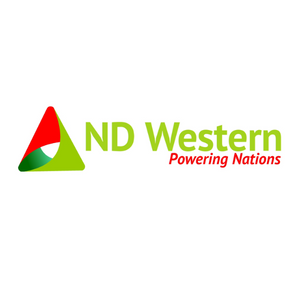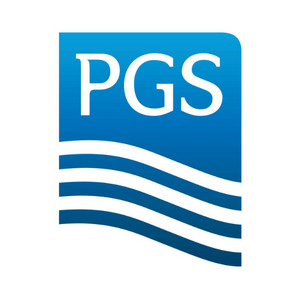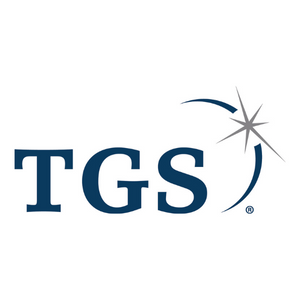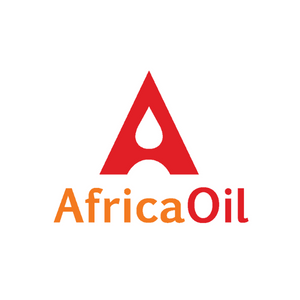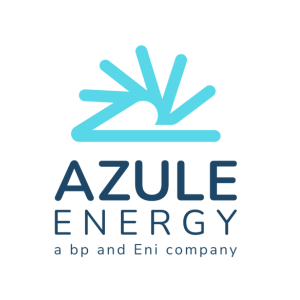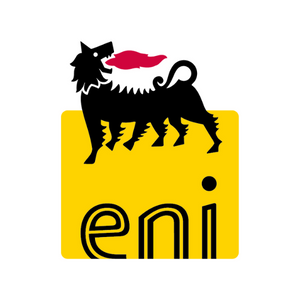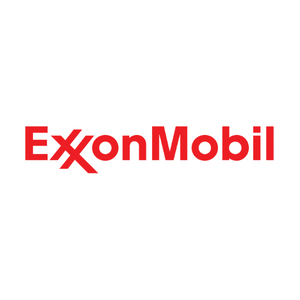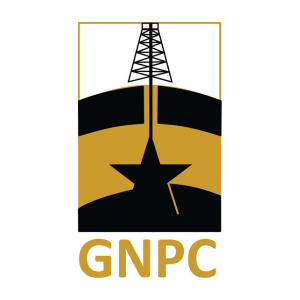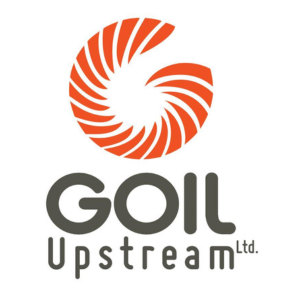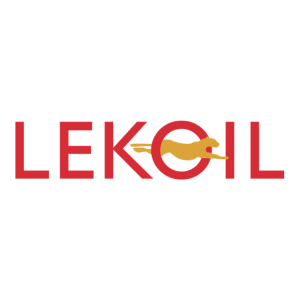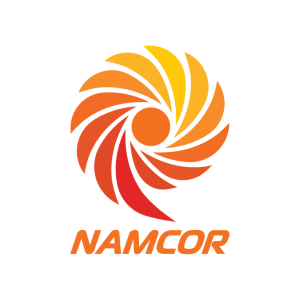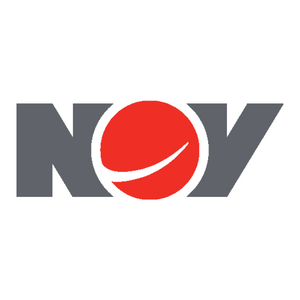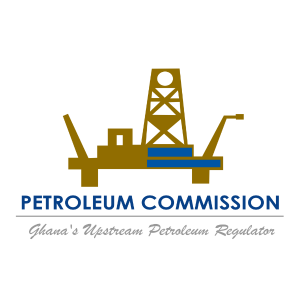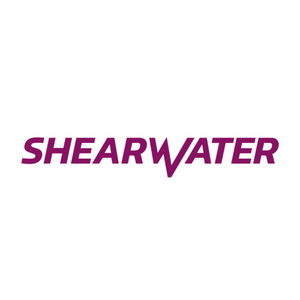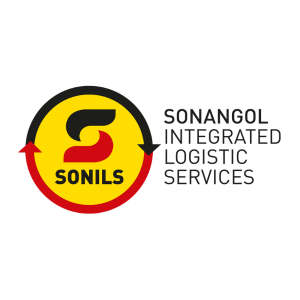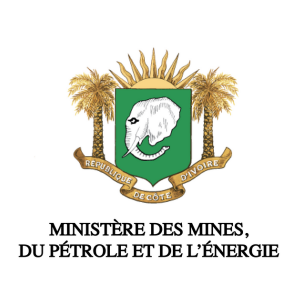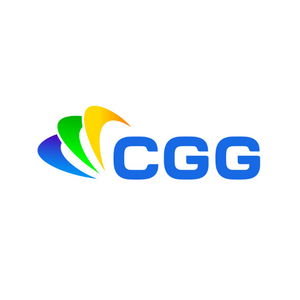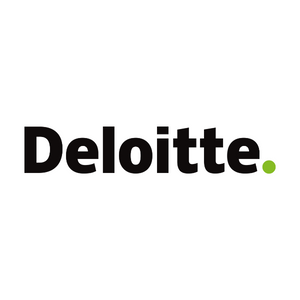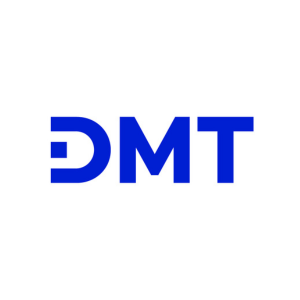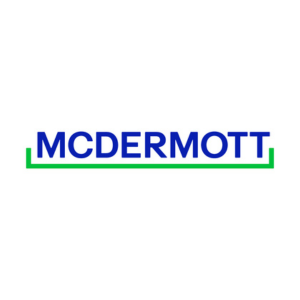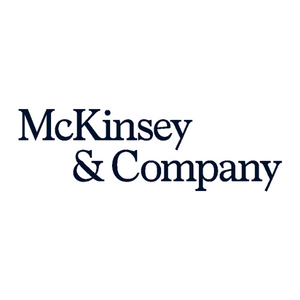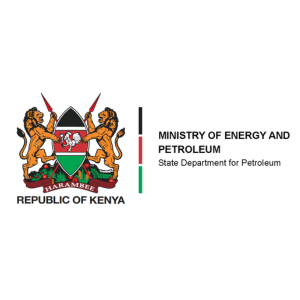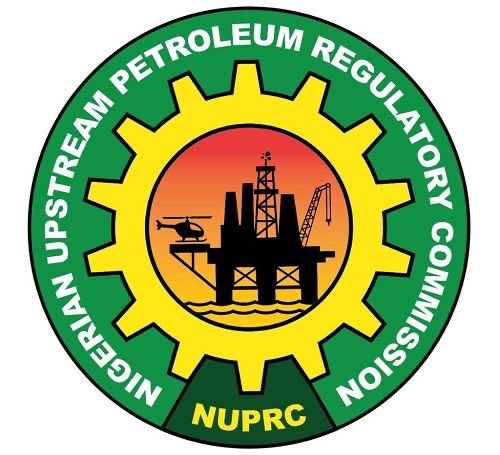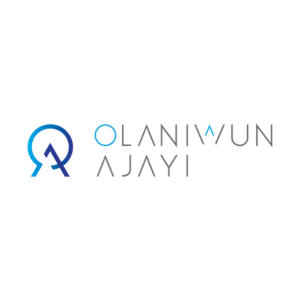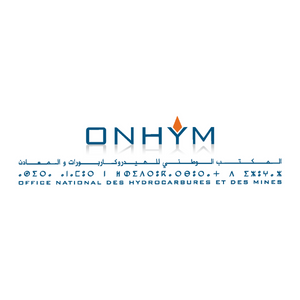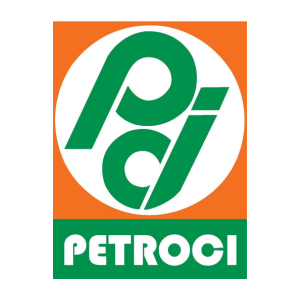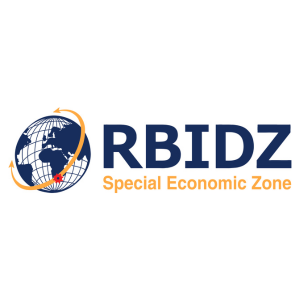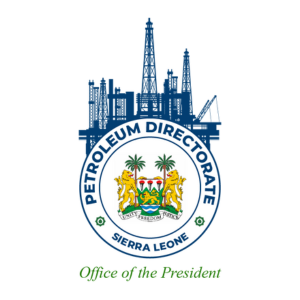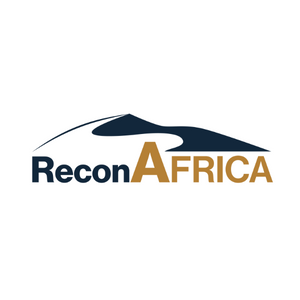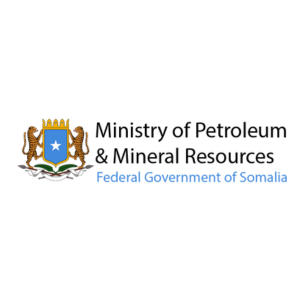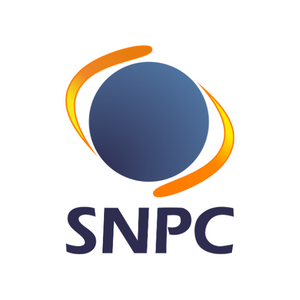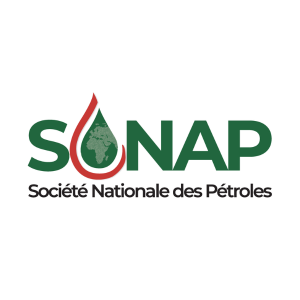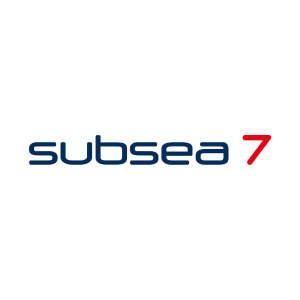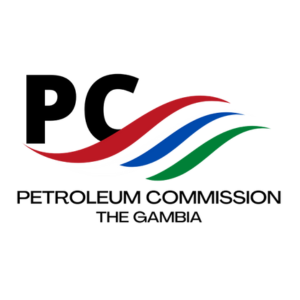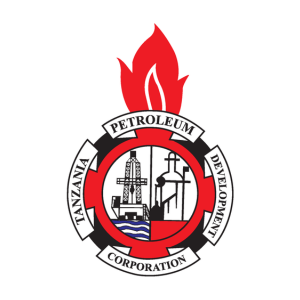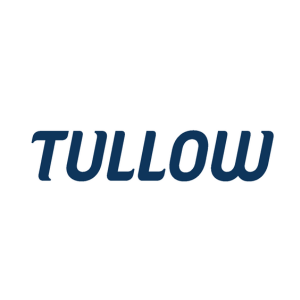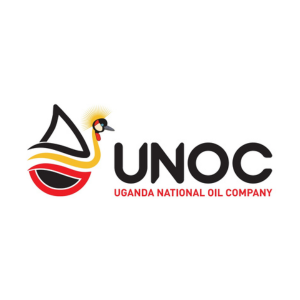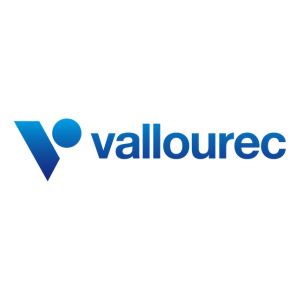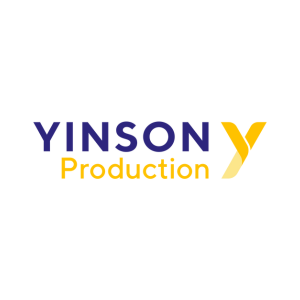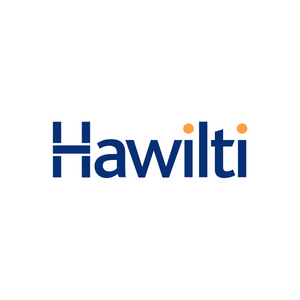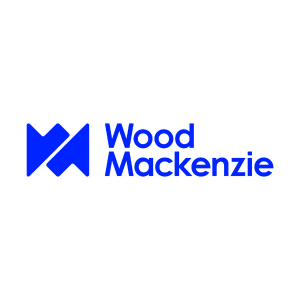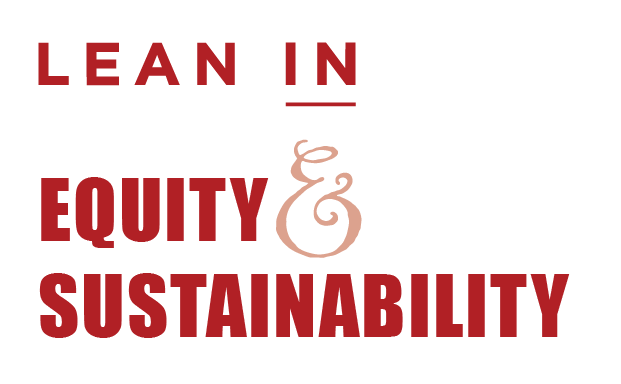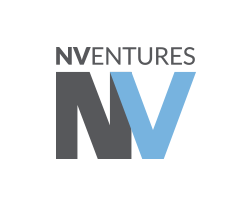Seplat is one of the new breed of African oil and gas independents who are looking to extend their reach throughout the continent.
Seplat was formed in June 2009 through the partnership of Shebah Petroleum Development and Platform Petroleum Joint Ventures to pursue upstream oil and gas opportunities in Nigeria, and divestment opportunities arising out of the incumbent IOCs’ portfolios.
Although the landscape on the continent is still dominated by IOCs there is still a thriving indigenous oil and gas sector. According to Seplat chief executive officer, Austin Avuru, the drive is for Africa to benefit from the oil and gas in Africa rather than overseas companies benefitting.
“That is what we at Seplat are championing,” he says. “First we need to demonstrate that we are competitive. If I can offer it at the same or even lower cost than the IOCs and I can get the production as high as I can then there really is no reason why African independents shouldn’t pick up the challenge and go in to the business. Until recently I think there was just a perception that it was an impossible job to do, but I have demonstrated it can be done.
“People tend to think that there’s competition among operators but each party has an asset that they need to create value from, and to that extent there’s really, strictly speaking, no competition. I’m not afraid of the multinationals coming to take my assets from me. And everybody produces oil and gas for export so to that extent there is no competition. We are not struggling for market share, we still have a share.
“What we try to do, as the small player, is ensure that we are better positioned to optimise value out of the assets. We are more flexible in terms of partnerships, both with local players and even multinationals. If we see value in a partnership, we are quite quick to actualise such partnerships.”
When it comes to assessing the strengths and weaknesses of the homegrown oil companies, Avuru again points to their relative small size as an advantage that allows them to be nimble and therefore a lot more flexible as you suggested.
“It will be senior executives who are discussing regional agreements with local people at field level. Whereas you take a typical multinational, these discussions and agreements are being reached with local communities far away from the executive level, usually carried out by some local agent. It also means that if there is a community crisis they’re much more proactive, much more easily structured to deal with those at the highest level and find a solution.”
Another benefit he highlights is that the small size can make them less expensive because they have lower overheads, while they can often expedite the contracting process.
When it comes to weakness, it is not great surprise that his first answer is lack of access to finance. “African companies don’t have big balance sheet size that enables them to operate off their balance sheet. A lot of times you find them heavily leveraged and that means that any discrepancy in their revenue projections, such as the last time we had a sharp drop in oil prices, they take the heat much more; they find it much more difficult to absorb that change. It’s balance sheet size and access to funding and then of course access to internal resources like R&D that the IOCs have.”
Avuru is adamant that the solution lies firmly in the hands of the African people themselves. “There are merchant institutions who can make funding available to very credible African oil and gas enterprises. That will help because when as an independent you are forced to fund your operations by borrowing dollars from international banks, by the time you put all the risk factors and all the rating, you are paying ten to 12 per cent interest; that’s far too high for this kind of business. Whereas, IOCs can get funding out there in the region of three or four per cent so in terms of access to finance it is not a level playing field. If some of these African forums and institutions can make funds available at a much lower interest rate that would help.”
Whilst there is great interest in developing the oil and gas resources in Africa, Avuru is slightly hesitant about the level of growth of African independents outside of Nigeria. “I have seen this growth in this region but I haven’t seen it anywhere else on the African continent. I mean if you go to North Africa there is still almost a complete dominance of national oil companies running the businesses largely in partnership with IOCs. If you go to other countries, even in Ghana, it’s the same thing. I haven’t really seen any strong growth of independents. But here in Nigeria it is growing in strength, capacity and production volume, in both natural gas and crude oil.
“My hope is that two things will happen. Firstly, that some of the Nigerian independents will branch out into other countries. I know of a couple of Nigerian independents who are already doing business in South Sudan and Uganda, so that will happen. But across Africa the growth of local independents is much slower in other parts of Africa than it is in Nigeria.”
At the 2017 Africa Oil Week conference Avuru delivered the opening keynote on the rise of the homegrown African oil industry.
“I’ve been there two or three times in the past ten years and I find it an excellent networking opportunity,” he says.
“It has always been a well-focused conference where the discussions are very relevant to the business we do, unlike a number of conferences and expos where there are more generic discussions and you might find only about ten per cent of the discussions relevant to what you do. But at Africa Oil Week in Cape Town, on issues of exploration and production to funding, they are very relevant. And I also find a large number of fellow independents, even independents that are not necessarily local African independents, that it’s actually easy to share the common challenges and common prospects.”
Although the landscape on the continent is still dominated by IOCs there is still a thriving indigenous oil and gas sector. According to Seplat chief executive officer, Austin Avuru, the drive is for Africa to benefit from the oil and gas in Africa rather than overseas companies benefitting.
“That is what we at Seplat are championing,” he says. “First we need to demonstrate that we are competitive. If I can offer it at the same or even lower cost than the IOCs and I can get the production as high as I can then there really is no reason why African independents shouldn’t pick up the challenge and go in to the business. Until recently I think there was just a perception that it was an impossible job to do, but I have demonstrated it can be done.
“People tend to think that there’s competition among operators but each party has an asset that they need to create value from, and to that extent there’s really, strictly speaking, no competition. I’m not afraid of the multinationals coming to take my assets from me. And everybody produces oil and gas for export so to that extent there is no competition. We are not struggling for market share, we still have a share.
“What we try to do, as the small player, is ensure that we are better positioned to optimise value out of the assets. We are more flexible in terms of partnerships, both with local players and even multinationals. If we see value in a partnership, we are quite quick to actualise such partnerships.”
Strengths and weaknesses
When it comes to assessing the strengths and weaknesses of the homegrown oil companies, Avuru again points to their relative small size as an advantage that allows them to be nimble and therefore a lot more flexible as you suggested.
“It will be senior executives who are discussing regional agreements with local people at field level. Whereas you take a typical multinational, these discussions and agreements are being reached with local communities far away from the executive level, usually carried out by some local agent. It also means that if there is a community crisis they’re much more proactive, much more easily structured to deal with those at the highest level and find a solution.”
Another benefit he highlights is that the small size can make them less expensive because they have lower overheads, while they can often expedite the contracting process.
When it comes to weakness, it is not great surprise that his first answer is lack of access to finance. “African companies don’t have big balance sheet size that enables them to operate off their balance sheet. A lot of times you find them heavily leveraged and that means that any discrepancy in their revenue projections, such as the last time we had a sharp drop in oil prices, they take the heat much more; they find it much more difficult to absorb that change. It’s balance sheet size and access to funding and then of course access to internal resources like R&D that the IOCs have.”
Avuru is adamant that the solution lies firmly in the hands of the African people themselves. “There are merchant institutions who can make funding available to very credible African oil and gas enterprises. That will help because when as an independent you are forced to fund your operations by borrowing dollars from international banks, by the time you put all the risk factors and all the rating, you are paying ten to 12 per cent interest; that’s far too high for this kind of business. Whereas, IOCs can get funding out there in the region of three or four per cent so in terms of access to finance it is not a level playing field. If some of these African forums and institutions can make funds available at a much lower interest rate that would help.”
African growth
Whilst there is great interest in developing the oil and gas resources in Africa, Avuru is slightly hesitant about the level of growth of African independents outside of Nigeria. “I have seen this growth in this region but I haven’t seen it anywhere else on the African continent. I mean if you go to North Africa there is still almost a complete dominance of national oil companies running the businesses largely in partnership with IOCs. If you go to other countries, even in Ghana, it’s the same thing. I haven’t really seen any strong growth of independents. But here in Nigeria it is growing in strength, capacity and production volume, in both natural gas and crude oil.
“My hope is that two things will happen. Firstly, that some of the Nigerian independents will branch out into other countries. I know of a couple of Nigerian independents who are already doing business in South Sudan and Uganda, so that will happen. But across Africa the growth of local independents is much slower in other parts of Africa than it is in Nigeria.”
Keynote appearance
At the 2017 Africa Oil Week conference Avuru delivered the opening keynote on the rise of the homegrown African oil industry.
“I’ve been there two or three times in the past ten years and I find it an excellent networking opportunity,” he says.
“It has always been a well-focused conference where the discussions are very relevant to the business we do, unlike a number of conferences and expos where there are more generic discussions and you might find only about ten per cent of the discussions relevant to what you do. But at Africa Oil Week in Cape Town, on issues of exploration and production to funding, they are very relevant. And I also find a large number of fellow independents, even independents that are not necessarily local African independents, that it’s actually easy to share the common challenges and common prospects.”

